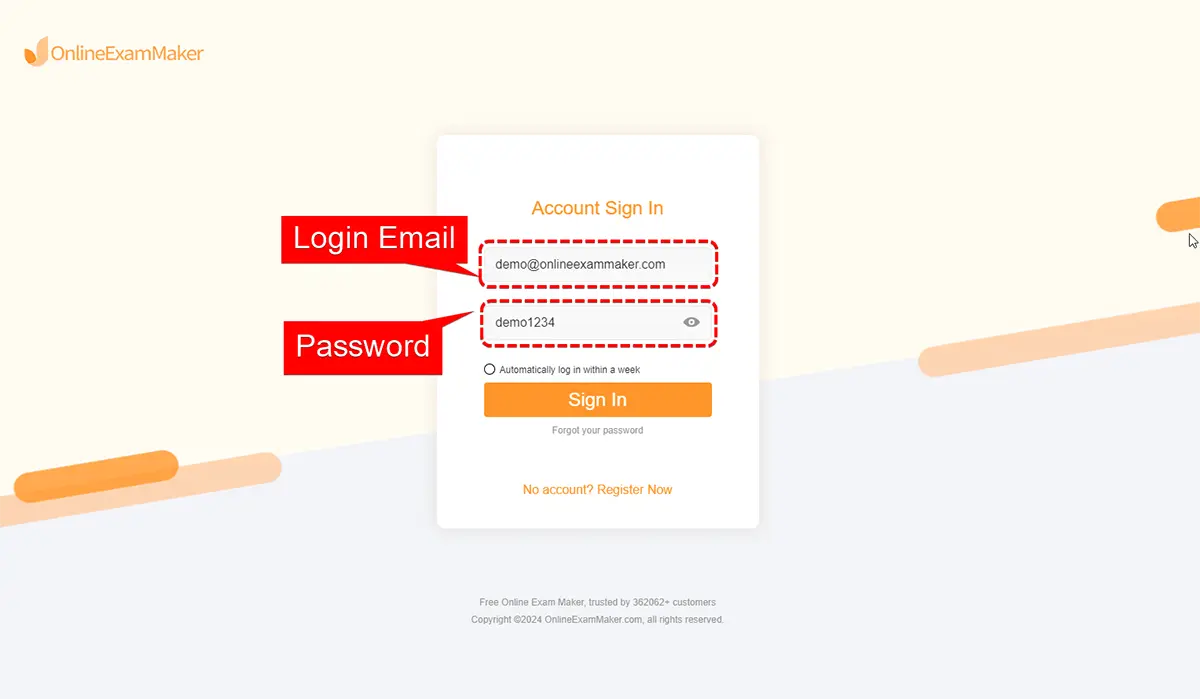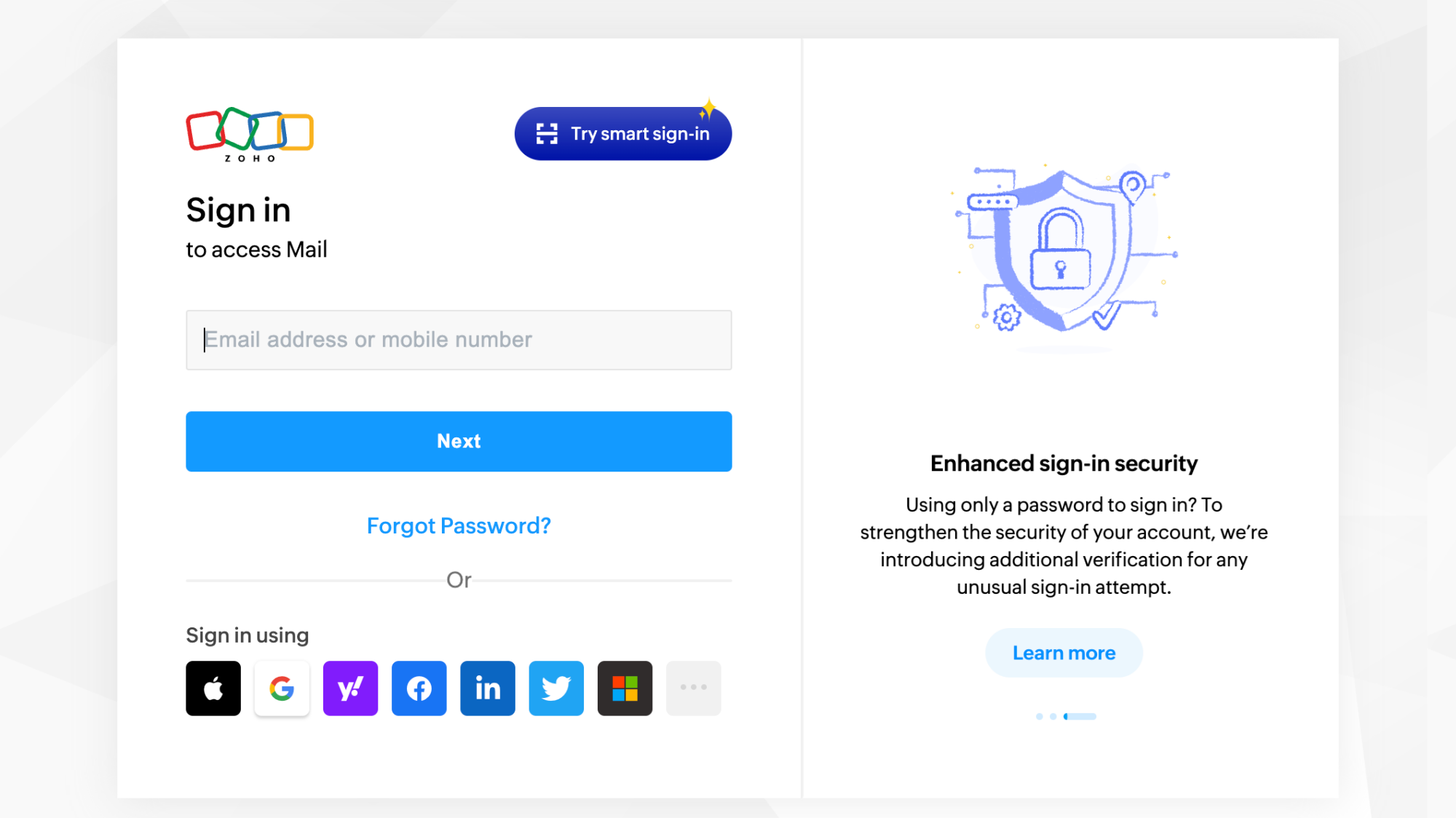What You Will Learn From This Post About Reverse Email Lookup Results
This blog post will give you a comprehensive guide to understanding the results of a reverse email lookup. The following topics will be discussed:
- What does a "blank" result mean and how to interpret it
- How to decipher the meaning of different types of email addresses that are linked to your subject
- What happens when there are multiple people linked with the same email address
- and more!
By the end of this post, you should have a better understanding of how to use the information you get from a reverse email lookup effectively and in a manner that suits your goals and intentions.
Reverse Email Lookup Basics
A reverse email lookup is an online search that enables you to find domains that have contacted you in your email inbox. You can do this by using an email lookup tool or service, many of which are available online. Not to be confused with email tracking, which alerts you when someone has opened your email, a reverse email lookup allows you to further delve into an email address to discover more data and information about the person behind the screen.
Many people who use email tracking are also interested in doing a reverse email lookup to supplement the information they acquired through email tracking. That said, reverse email lookup results tend to vary. Not all results will emanate from social media profiles or public directories so you may encounter various types of results and it is important to know how to properly interpret them.
Empty or Blank Results
There are many reasons as to why you get a "blank" result for a reverse email lookup. The most probable reason is that the email address you searched does not have any publicly listed data associated with it. This is particularly true if the email address is a new one or if the person, or entity, behind the email address has not added any social media profiles or public listings under that specific email.
Another reason could be that the email address you are looking up is fake, or no longer in use, and therefore does not appear in any database or directory.
Lastly, a "blank" result could be because the person has not yet made their information publicly available and, thus, is opting for more privacy in terms of their personal information and online presence.
In these cases, you will either see no results or you will be informed that there is no available information matching the search query.
Deciphering Email Address Types and Linked Individuals
Most email lookup services will not just give you a name and an email address, rather, they will provide you with a plethora of other information and it is important to understand what this information is trying to tell you.
Firstly, you will want to identify what type of email address you are looking at. There are four main types of email addresses:
- Personal Email Addresses: Personal email addresses are the most common type of email address and they typically have a basic structure, such as example@gmail.com. They are either created directly by the individual or by an internet service provider (ISP) at the time of registration. Personal email addresses are associated with one person and are not meant for commercial use, hence why they are unsuitable for professional correspondence.
- Role-Based Email Addresses: These email addresses designate a person's role within an organization and follow a different format than personal email addresses. Some examples include info@company.com or support@company.com. They are generally used to field customer service inquiries or for generic purposes not tied to one individual.
- Alias Email Addresses: Alias email addresses are typically used as an alternative to a primary email address to enhance privacy and protect an individual's personal email address from being bombarded by spam and advertisements. They therefore act as a point of contact for a specific purpose, or length of time (i.e. for online shopping).
- Temporary Email Addresses: Temporary email addresses, as the name suggests, are active for a limited period of time and are often deleted after they expire. They are typically used for setting up accounts on websites or for apps that require you to enter an email address but, arguably, they are not very common anymore.
The type of email address will tell you a lot about the person behind it. Personal email addresses are the most likely to be linked to one individual, whereas role-based email addresses are far more general and are likely used by more than one person, given that roles within organizations often have turnover and multiple employees may be fulfilling the same role.
It is important to be aware of alias and temporary email addresses because these types of email addresses are not necessarily associated with one person, or may not even be in use anymore.
If you are looking up an email address and multiple individuals are linked to the same email address, this does not necessarily mean that these individuals personally created that email address, or even have access to it.
For example, if you lookup the email address careers@company.com and it is linked to 30 people, it is likely that all 30 people have access to this email address and use it for professional correspondence, such as receiving and responding to job applications, etc.
However, it is also possible that the email address is not connected to any individual, but rather to a group of individuals, or even an entire organization, such as when an email address is required for a specific, possibly temporary, purpose that requires collaboration between multiple individuals.
Additional Considerations
Reverse email lookup results will also tell you the email provider associated with the email address you searched. This can tell you whether the email address is from a more secure and private domain, such as ProtonMail, or from a more publicly accessible domain such as Gmail.
You will also be able to tell when the email address was created and sometimes, even when the email address was last logged into. The age of an email address can tell you how long someone, or something, has been using it which could be a good indicator of whether the email address is still in use or not.
Last but not least, a reverse email lookup result may also tell you the location and IP address linked to the email address. This information can be very useful when trying to determine if an individual is who they say they are, especially if the location and IP address can be matched to the person's biography on a professional or corporate website.
When trying to interpret the location and IP address, it is important to note that this information may not be entirely accurate. The location, in particular, may be obscured for privacy reasons or due to the individual using a VPN, for example.
Conclusion
In this post, we dove into reverse email lookup results, and how to interpret them. We discussed:
- The different types of email addresses and what they mean regarding personal and professional correspondences
- How to interpret results when multiple individuals are linked to the same email address
- How to extract additional information from an email address, such as IP addresses and locations
- And more!
If you have encountered a "blank" result from a reverse email lookup, you now know that this could mean several things: the email address is fake, not publicly listed information is associated with it, or the person behind it has not made their information publicly available.
I hope this guide has helped you understand how to interpret the results of a reverse email lookup and that you feel more confident in leveraging this type of search to suit your needs!




